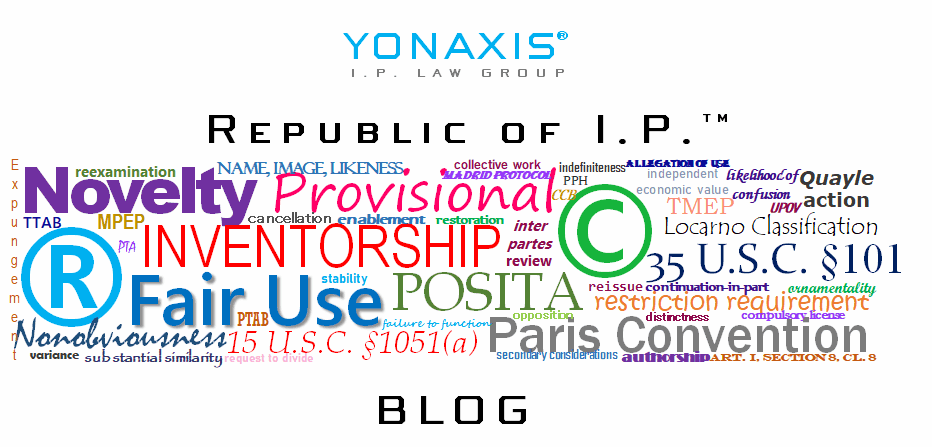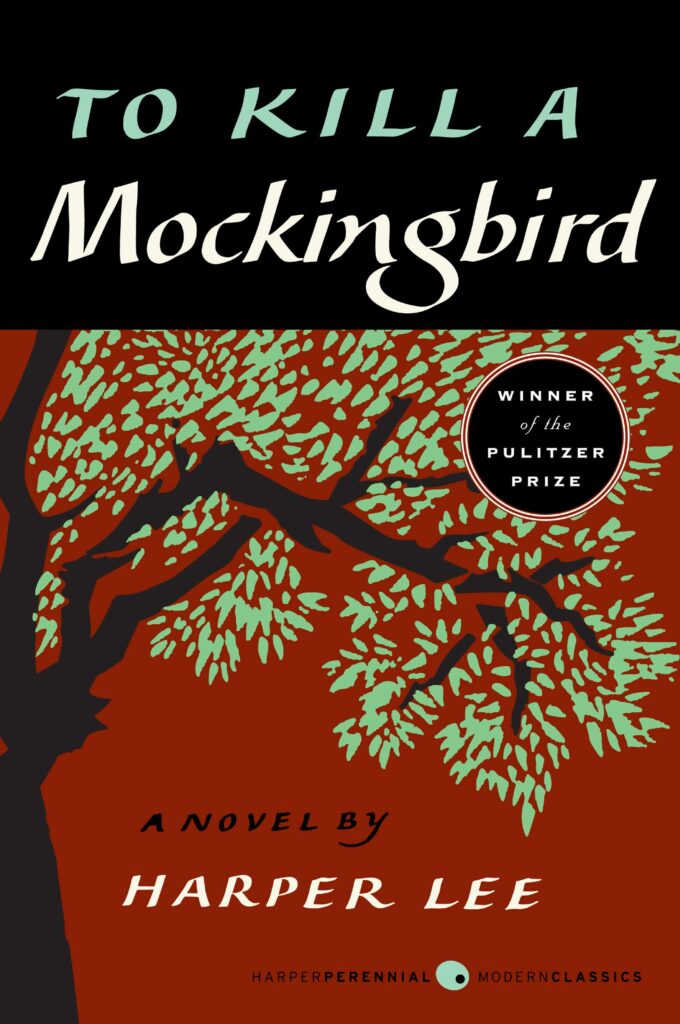Derivative works are works based upon one or more preexisting works, such as translations, musical arrangements, dramatizations, fictionalizations, motion picture versions, sound recordings, art reproductions, abridgments, condensations, or any other form of transformation or adaptation.1
Rights of Copyright Owners
Under the Copyright Act, among the bundle of rights, copyright owners have the exclusive right to prepare or authorize derivative works, control adaptations, and have exclusive rights to control licensing and/or assignment of any of these rights.
Termination Right
The Copyright Act provides owners with termination rights that allow them to reclaim previously granted rights. This gives authors a “second chance” to exploit their works and relieves the consequences of ill-advised grants,2 but also balances the licensees’ right to recoup any profits from the licenses, which is 35 years after grant for post-1977 grants,3 or 56 years after copyright for pre-1978 grants.4 Upon termination, all rights covered by the terminated grant revert back to the author.
C. The Derivative Works Exception
17 U.S.C. §304(c)(6)(A) provides that derivative works created under a valid grant before termination “may continue to be utilized under the terms of the grant after its termination.”
Key limitations
- Allows continued exploitation of existing derivative works only
- Does not preserve exclusivity rights that would prevent new derivative works
- Does not prevent the original author from authorizing new derivative works
In the recent Atticus LLC v. Dramatic Publishing Co.,5 Harper Lee granted Dramatic Publishing Company the exclusive right to develop a stage adaptation of “To Kill a Mockingbird” in 1969, and she to an exclusive license arrangement with Dramatic. In 2011, Lee served notice of termination, effective 2016 consistent with provisions of §304(c)(6)(A). Lee then granted a new license for a new stage adaptation (ultimately written by Aaron Sorkin) for which Atticus acquired rights.
Atticus sought a declaratory judgment that it retained derivative rights properly licensed by Lee over Dramatic. The Second Circuit held that Dramatic only retained rights in its own adaptation (which could continue under the derivative works exception), but did not retain the exclusive right to the Atticus derivative work because Lee had properly terminated Dramatic’s rights under the §304 provisions.
Takeaways
First, authors and copyright owners retain termination rights to reclaim and re-exploit copyright interests. Second, authors retain the right to authorize new derivative works after termination, even if the original grant was exclusive. Third, the derivative works exception provides limited protection for licensees, and applies only for continued use of existing works. Fourth, exclusivity rights in licensing agreements do not survive termination of the underlying grant. Fifth, licensees cannot “claw back” rights that would prevent the original author from authorizing competing derivative works.
Atticus illustrates the copyright owner’s rights of derivation and licensing, but also reinforces the Copyright Act’s dual policies to provide authors with meaningful termination rights but still allow licensees’ rights to continued exploitation of existing derivative works. For more information on derivative rights, licensing, and copyright law, please contact Yonaxis I.P. Law Group.
- 17 U.S.C. §101. ↩︎
- See 17 U.S.C. §203. ↩︎
- Id. ↩︎
- 17 U.S.C. §304. ↩︎
- ___F.4th___, Case No. 23-1226 (2d Cir. July 29, 2025). ↩︎

